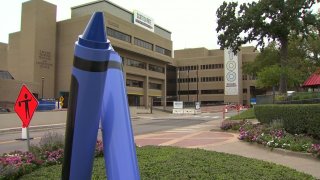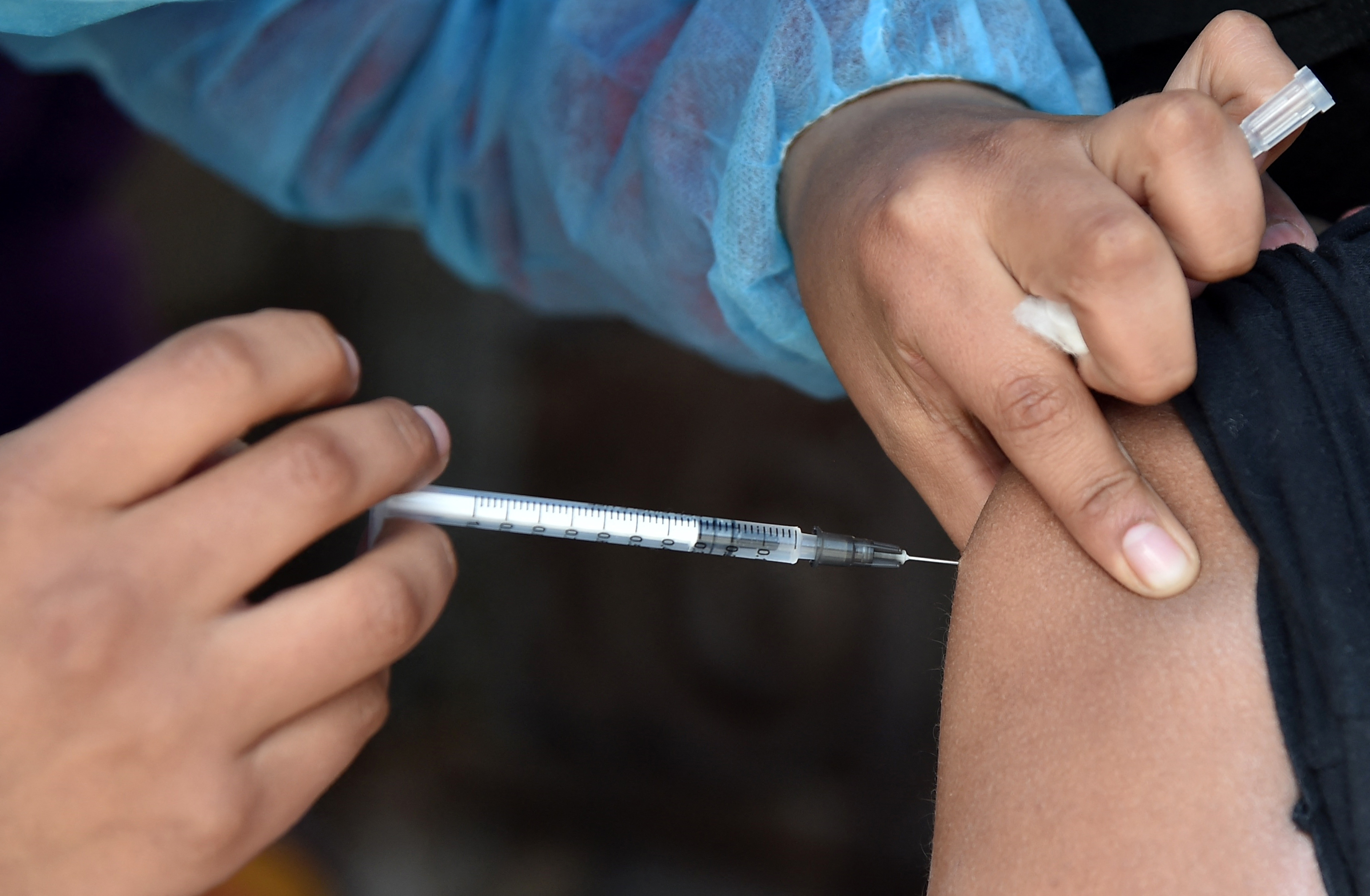
While there is constant construction and change in North Texas, one place has withstood the test of time. Scottish Rite Hospital for Children is marking a century in Dallas.
Researchers at Scottish Rite for Children and UT Southwestern were awarded $6.6 million over five years by the National Institutes of Health (NIH) to continue research into the underlying causes of idiopathic scoliosis.
The grant which was announced by Scottish Rite Tuesday will fund a multisite program titled "Developmental Mechanisms of Idiopathic Scoliosis." The goal of the program is to understand the biological causes of idiopathic scoliosis to develop future treatments.
Watch NBC 5 free wherever you are
The grant is a renewal of an original award first received in 2016.
Scoliosis is a progressive condition that causes the spine to curve or twist into C or S shapes. It typically appears in children between the ages of 10 and 15, Scottish Rite said.
Get top local stories in DFW delivered to you every morning with NBC DFW's News Headlines newsletter.
Scottish Rite Director of Molecular Genetics and Basic Research Carol Wise, Ph.D., will lead the program and work with investigators at Washington University School of Medicine in St. Louis at the University of California, San Francisco.
"This support will allow our collaborative team to validate new scoliosis models we have developed and to work toward alternative treatments. As well, information developed by this program will be shared with other researchers and the public," Dr. Wise said.
Idiopathic scoliosis is commonly treated through back bracing, but in special cases, spinal surgery is required.
Health Connection
Get connected to a healthier life.
It is estimated that three million children in the U.S. are affected by scoliosis. Scottish Rite said that using genetic research into the causes of this condition can lead to less invasive therapies and prevention.
"The research being conducted by our team will lead to future innovations in scoliosis treatment," Scottish Rite Chief of Staff Daniel J. Sucato, M.D., M.S., said.
"With this grant, we can continue studying the causes of idiopathic scoliosis and improve our understanding of the condition, which will create better outcomes for our patients."




